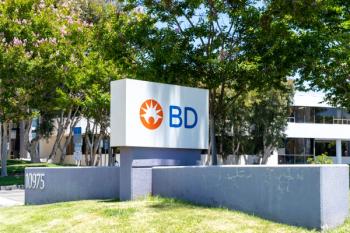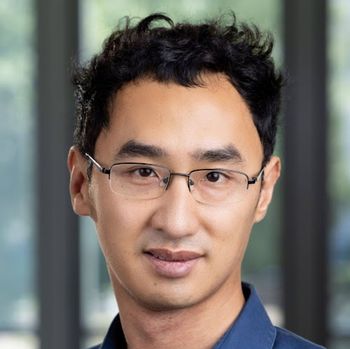
- The Column-02-20-2014
- Volume 10
- Issue 3
ISC 2014: The Sound of Chromatography
The hills will be alive with the sound of chromatography when the 30th International Symposium on Chromatography (ISC 2014) takes place from 14–18 September 2014 in Salzburg, Austria.
The hills will be alive with the sound of chromatography when the 30th International Symposium on Chromatography (ISC 2014) takes place from 14–18 September 2014 in Salzburg, Austria.
As Mozart´s birthplace, Salzburg, Austria, is well-known for its connections to classical music. However, on 14–18 September it will become host to the 30th International Symposium on Chromatography (ISC 2014) attracting chromatographers from around the world. ISC 2014 is a major liquid chromatography/gas chromatography (LC/GC) conference that was first held in 1956 in London, and since then has been held biannually in various European cities.
Photo Credit: Allan Baxter/Getty Images
Chromatography in its various forms has become an eminently powerful analytical technique that is now indispensable for combating challenges in fields such as metabolomics, proteomics, pharmaceutical analysis, food control, environmental analysis, clinical chemistry, and doping control. Hyphenation with sophisticated mass spectrometric detection has led to the possibility of identification of unknown analytes with quantitation limits in a range that was beyond reach only a few years ago. Gas chromatography–mass spectrometry (GC–MS) and liquid chromatography–mass spectrometry (LC–MS) technologies now represent a gold standard for analysis methodologies.
Progress in chromatography will always be an interplay between academic research performed at universities and the production of sophisticated and reliable instrumentation by manufacturers. Some may remember that sub-2 μm particles were investigated decades ago as stationary phases for LC, but dedicated ultrahigh-pressure liquid chromatography (UHPLC) instrumentation only became commercially available in 2005. Monolith-type stationary phases and core–shell particles have been developed highlighting the continuous advancements in column and instrument technology that are occurring. Similarly, supercritical fluid chromatography (SFC) has been the focus of research for many years, but its acceptance by chromatographers was quite slow until recently when a new generation of SFC instruments has begun to promote a renaissance of this technique.
ISC 2014 will be a forum for discussing fundamentals, applications, and the latest in instrumentation developments. The internet is an immense source of information for all fields of research, but identifying the most relevant information in this environment has become tricky. Personal communication and networking are required more so than before to keep the impetus. One should try to know the faces behind the names of authors of scientific papers. Personal communication is a prerequisite for progress, as is reflected in the motto of ISC 2014 "Communicating Separation Science for the Future".
A broad knowledge of separation science is required to become an expert and to judge the best option for tackling and solving a given analytical problem. As well as modern LC and GC instrumentation, one should not forget capillary electrophoresis (CE and CE–MS), which can be a more appropriate approach. The selection of the most suitable analysis methodology depends on the analytical challenge at hand including consideration of the very crucial step of sample pre-treatment.
ISC 2014 will cover all aspects of modern separation science, including hyphenation with MS–MS instrumentation, and will, therefore, go beyond the scope of some other conferences that are dedicated to single fields of chromatography. ISC 2014 will provide a "one-stop shop" for analytical chemists and attendants to see a complete picture of current progress. It will bring together a wide range of international scientists from both academia and industry so that we can learn the most up-to-date information about theory and practice from each other to accelerate progress in our field.
The abstract submission deadline is 30 April 2014 for oral presentations, and 31 May 2014 for posters.
Attendees at ISC 2014 will enjoy an exceptional scientific meeting in the unique and beautiful cultural surrounds of Salzburg!
E-mail:
Website:
Articles in this issue
almost 12 years ago
LC–MS–MS Method Developed to Detect Synthetic Opioidalmost 12 years ago
ISC 2014: The Sound of Chromatographyalmost 12 years ago
To Validate or Not to Validatealmost 12 years ago
Marine Pollution Analysis: The Deepwater Horizon Oil Spillalmost 12 years ago
Marine Pollution Analysis: The Deepwater Horizon Oil Spillalmost 12 years ago
To Validate or Not to Validatealmost 12 years ago
Vol 10 No 3 The Column February 20, 2014 North American PDFalmost 12 years ago
Vol 10 No 3 The Column February 20, 2014 Europe and Asia PDFNewsletter
Join the global community of analytical scientists who trust LCGC for insights on the latest techniques, trends, and expert solutions in chromatography.




